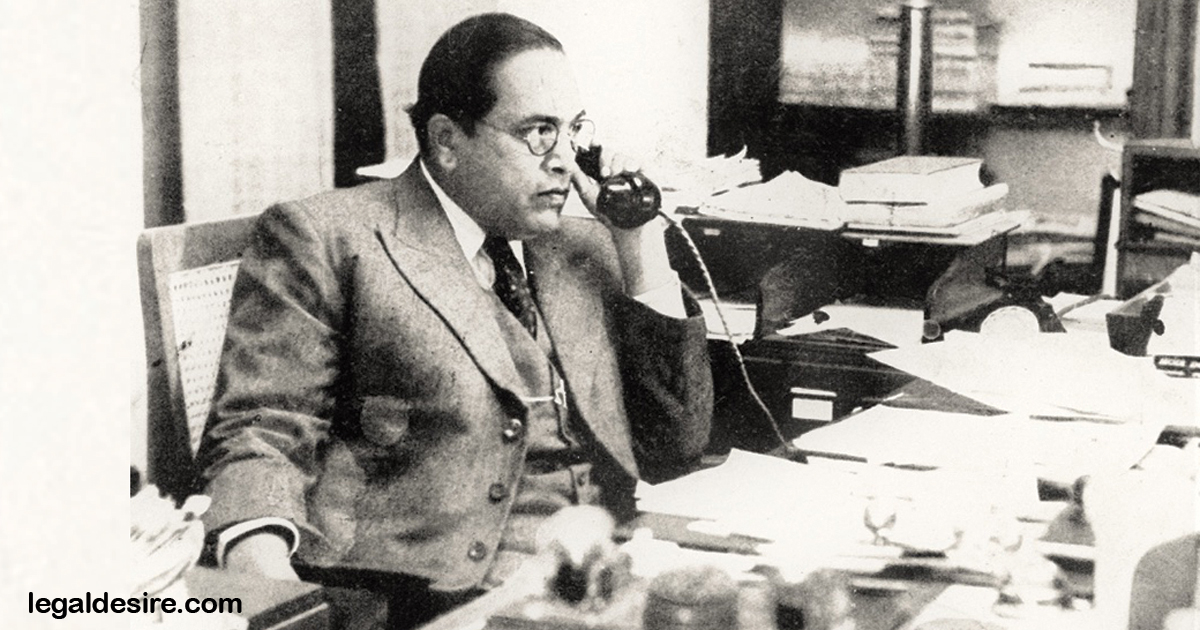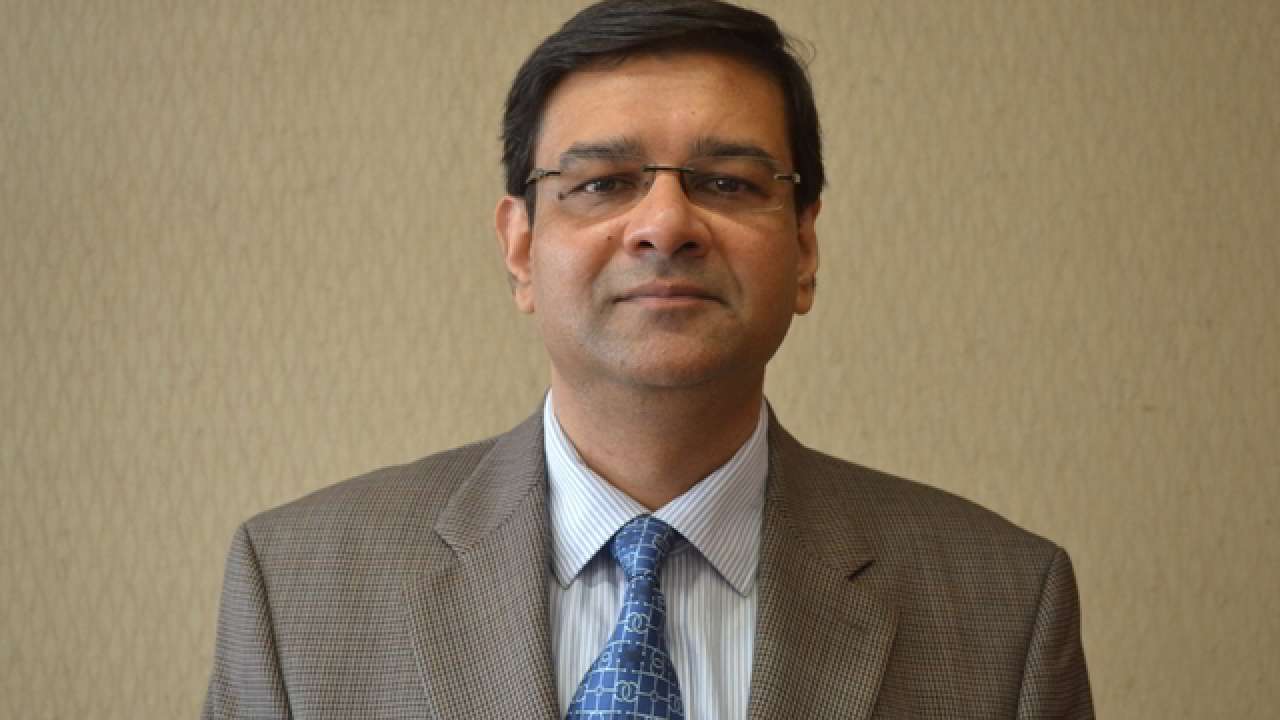Now Reading: What Ambedkar meant by ‘Destruction of Hindu Religion’?
-
01
What Ambedkar meant by ‘Destruction of Hindu Religion’?

What Ambedkar meant by ‘Destruction of Hindu Religion’?
Some may not understand what Dr. B.R. Ambedkar meant by destruction of Hindu religion, some may find this revolting to them, and some may find it revolutionary. Dr. Ambedkar has made his stance clear on what he meant by the idea of ‘Destruction of Religion’ in his undelivered speech ‘Annihilation of Caste’ which was written by him when the Hindu reformist group, the Jat-Pat Todal Mandal of Lahore, invited him to deliver his annual lecture in 1936, asked for and received the text of the speech in advance, it found the contents “unbearable”. The Mandal then withdrew its invitation realising that Ambedkar intended to use its platform not merely to criticise the practice of caste, but to denounce Hinduism itself. This article presents the views of him on destruction of Hinduism religion and why he denounced it.
Dr. B.R. Ambedkar drew a distinction between rules and principle. Not only he made distinction, but he stressed that this distinction is real and important. According to him Rules are practical; they are habitual ways of doing things according to prescription but Principles are intellectual; they are useful methods of judging things.
What is this Hindu religion? Is it a set of principles or is it a code of rules? Now the Hindu Religion, as contained in the Vedas and Smritis, is nothing but a mass of sacrificial, social, political and sanitary rules and regulations, all mixed up. Hindu religion is nothing but a multitude of commands and prohibitions.
Religion, in the sense of spiritual principles, truly universal, applicable to all races, to all countries, to all times, is not to be found in them; and if it is, it does not form the governing part of a Hindu’s life. That for a Hindu dharma means commands and prohibitions is clear from the way the word Dharma is used in Vedas and the Smritis and understood by the commentators.
Ambedkar refuse to call such code of ordinances as religion as Hindu religion tends to deprive moral life of freedom and spontaneity, and to reduce it to a more or less anxious and servile conformity to externally imposed rules. Under it, there is no loyality to ideals; there is only conformity to commands in Hinduism. The worst evil of Hinduism is that the customs it contains must be the same yesterday, today and forever. They are immoral in that as they are not the same for one class as for another. The objectionable part is not that they are made by certain persons called prophets or law-givers. The objectionable part is that this code has been invested with the character of finality and fixity. Happiness notoriously varies with the conditions and circumstances of a person, as well as with the conditions of different people and epochs. That being the case, how can humanity endure this code of eternal laws, without being cramped and without being crippled?
Without any hesitation, Dr. B.R. Ambedkar said that such a religion must be destroyed, and stressed that there is nothing irreligious in working for the destruction of such a religion. It is duty of mass to tear off the mask, to remove the misrepresentation that is caused by misnaming such immoral law as religion. Once people’s minds cleared with this misconception and they understood that what they told is religion is not religion, but that is really law, then people will be in a position to urge its amendment or abolition.
So, long as people will look upon Hinduism as a religion, they will not be ready for a change or its abolition, because the idea of religion is generally speaking not associated with the idea of change.
Though Ambedkar condemned religion of rules, but he doesn’t the opinion that there is no necessity for a religion. He was convinced of the necessity of religion and he gave his opinion for the reformation that can make Hinduism a real religion and not a set of immoral laws.
He opined that there should be one and only one standard book of Hindu religion, acceptable to all Hindus and recognised by all Hindus. This of course means that all other books of Hindu religion such as Vedas, Shastras, and Puranas, which are treated as sacred and authoritative, must be by law cease to be so, and the preaching of any doctrine, religious or social, contained in these books should be penalised.
Every profession in India is regulated. Engineers must show proficiency, doctors must show proficiency, lawyers must show proficiency, before they are allowed to practice their professions. During the whole of their careers, they must not only obey the law of land, civil as well as criminal, but they must also obey the special code of morals prescribed by their respective professions. The priest’s is the only profession where proficiency is not required and they are not subject to any professional code.
Ironically, it is to be noted that mentally a priest may be unsound or may be suffering from a foul disease or may be wreck but he is fit to officiate at solemn ceremonies, to enter the Hindu Temple and to worship the Hindu god. All this possible because for a priest it is enough to be born in a priestly caste. They know only rights and privileges.
Ambedkar outlined that priestly class must be brought under control by some legislation and opined that a priest should be the servant of the state, and should be subject to disciplinary action of the state in the matter of his morals, beliefs, and worships, in addition to his being subject along with other citizens to the ordinary law of the land.
The number of priests should be limited by laws according to requirements by the states, as it is done in the case of the Indian Civil Services.
It would be better if priesthood among Hindu were abolished. Ambedkar is of opinion that every person who profess to be Hindu must be eligible for being a priest. It should be provided by law that no Hindu shall be entitled to be priest unless he has passed an examination prescribed by state, and holds a certificate/diploma from the state permitting him to practice. No ceremony performed by a priest who doesn’t fulfil this criteria shall be deemed to valid in law, and it should be made a penal for a person who is not eligible to officiate as a priest by this criteria.
The Hindus must consider whether they must not cease to worship the past as supplying their ideals. The baneful effects of the worship of the pasts are best summed up Ambedkar’s teacher Prof Dewey when he says:
An individual can live only in the present. The present is not something which comes after the past; much less something produced by it. It is what life is in leaving the past behind it. The study of past producers will not help us to understand the present. A knowledge of the past and its heritage is of great significance when it enters into the present, but not otherwise. And the mistake of making the records and remains of the past the main material of education is that it tends to make the past a rival of the present and the present a more or less futile imitation of the past.
– Dewey, Democracy and Education, Chapter 7.
Ambedkar mentioned that Hindus must consider whether the time has not come for them to recognise that there is nothing fixed, nothing eternal, nothing sanatan; that everything is changing, that change is the law of life for individuals as well as for society. In a changing society, there must be a constant revolution of old values; and the Hindus must realise that if there must be standards to measure the acts of the men, there must also be readiness to revise those standards.
In 1935 at Nasik district, Maharashtra, Dr.Babasaheb Ambedkar had declared his firm resolve to change his religion. He had declared that he was born as a Hindu but will not die as Hindu.
On October 14, 1956,He adopted Buddhism, along with close to 3,65,000 of his followers in a simple, traditional ceremony at Deekshabhoomi, Nagpur.
But Why he opted for Buddhism only, for knowing that read our next article in this series ‘Next Sunday’
You may also read these related articles:
Dr. B.R. Ambedkar views on Abolition of Caste System in India







